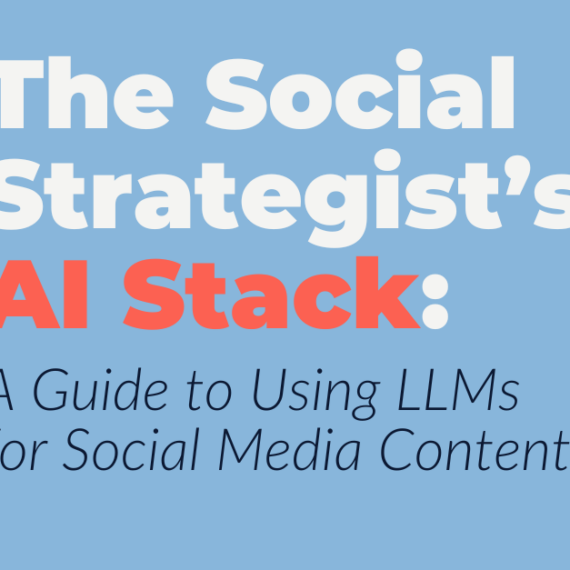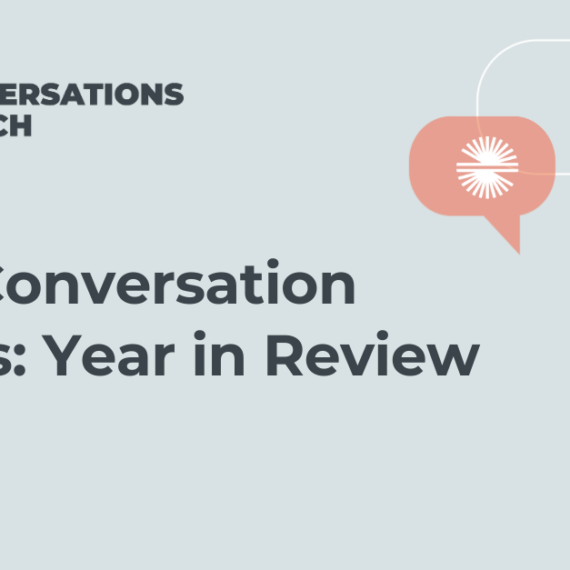A conversation with Professor Brian Creech (Chair of the Department of Journalism and Communication at Lehigh University)
By Karen Burke (Cybersecurity Story + Content Lead at Big Valley Marketing)
When I graduated from Lehigh University in journalism, I first worked at both newspapers and magazines before moving into book publishing and later, the tech field. At Lehigh, I learned fundamental writing and storytelling skills that I still use today. With the increasing number of media layoffs, I have been thinking about the future of journalism. Do college students still major in journalism? If so, what types of jobs are available for them after graduation? Is it still a practical degree? To get the answers to these questions and more, I reached out to Professor Brian Creech, the Chair of the Department of Journalism and Communication at Lehigh University.
KB: How would you define journalism today?
BC: At its most successful, journalism today is an information industry – a profession focused on finding, gathering, and organizing information and then presenting it in ways that allow other people to make decisions. Investigative journalism goes further – it combines narrative tools with large data analysis to create knowledge about an institution, a negative social condition, or bad actors for the public to act on.
KB: Are college students still majoring in journalism today, and if so, why?
BC: Journalism remains one of the most popular majors here at Lehigh. For a long time, we have seen liberal arts students move into communication and journalism as a way to take their interests in humanistic and social scientific inquiry and then layer practical job skills on top. Students are incredibly skeptical and savvy about the information they consume and want tools to make sense of what they’re consuming. They’re also very interested in learning communication and media skills for a wide range of careers. They don’t show up so interested in being journalists in the same way that you or I probably did, where we had this idea of a noble calling. They’re clear-eyed about the job prospects, but see that direct, clear public communication and information gathering is a valuable job skill.
KB: How important are good research skills in today’s journalism field?
BC: We take research as a skill very seriously. It’s not just reporting. We think of research in all its forms, including dealing with document analysis, interviews, large data synthesis, and statistical knowledge. As the journalism profession has changed, we think that having demonstrable research skills where you take raw research, find out things, and then present it in a way that makes sense to an audience is, first and foremost, the most useful marketable skill that our graduates leave with.
KB: What other skills do you need to be a successful journalist today?
BC: I think storytelling skills remain incredibly important as well as a knack for story production in a wide range of media forms and formats. Some of the best multimedia work I have seen over the course of my career has been by people who’ve understood story as craft that isn’t tied to a particular medium. It is through story and narrative that we first connect with audiences and show the significance of what we’re talking about, whether it happens across audio, video, text, or social media.
I also think a sense of curiosity is always going to be an incredibly important skill to cultivate. Curiosity about the world, curiosity about people, and curiosity about the way large trends impact people is key, but it’s also very necessary to maintain curiosity about the media industry itself. Understanding where and how on a large scale, the business model is changing and will continue to change. General curiosity about the business itself is very important, but also curiosity about the technology that goes into producing news is probably the most important bit of curiosity to have.
KB: There’s a lot of churn in the media today from trade and business press to broadcast. Do you expect that to change soon? Where do you expect to see the biggest growth areas? What non-media outlets are attracting young journalists?
BC: I don’t think that’s going to change anytime soon; churn is the name of the game now. I’ve been kind of surprised over the past two years about the sheer number of layoffs in companies that were sort of the next great thing. I was also hopeful and sanguine about billionaire owners sort of protecting our largest media properties until the past year or so. I’ve also been heartbroken about what’s been happening at the Washington Post and the L.A. Times. For a very long time, Jeff Bezos proved himself to be a benevolent billionaire owner, right up until the past year.
Yet one of the things that doesn’t surprise me is that newspapers are still hiring young people. The Wilkes-Barre paper, which is just up the road in Northeastern Pennsylvania, is hiring a general assignment reporter. Spotlight Pennsylvania, which is a strong nonprofit newsroom that serves the entire state, needs to hire reporters this Spring. Those traditional journalism jobs still exist. Folks who are really hungry for them will pursue them, should pursue them and will do really great work. That said, the number of news reporter jobs compared to the number of new graduates is not a one-to-one ratio by any means. Instead, many students are finding themselves doing information-based jobs, such as working for law firms, for non-profit or advocacy organizations, or in government. For example, new graduates who are interested in legal careers are often doing communications work for law firms right of school, before applying to law school.
When people do want a straight journalism job, I think they are also finding much more hiring in television. Television newsrooms are still hiring, especially writers who can do multimedia work, such as write for the web or scripts. Those are great, plentiful entry-level jobs. Digital media companies persist and continue to exist, and they largely are looking to hire people who can produce journalism, long-form text journalism for the web, short journalism for social media, and visual journalism for whatever products that they need. Developing a portfolio that demonstrates multimedia skills is important for those kinds of jobs as well.
Finally, some of the most secure journalism jobs still are in philanthropy-funded journalism. These organizations do good, in-depth public interest reporting because they are largely investigative in nature or produce very expensive investigative reporting that commercial news organizations are much less eager to spend money on.
KB: How are you incorporating AI into the program?
BC: One of the areas that we’re thinking about a lot right now is AI. Developing prompt generation skills; understanding the ethics and the ethical use of AI; and looking at the process of explaining and debunking bad AI and bad AI information for lay audiences are the three main skills that we’re incorporating into our journalism major going forward. In the next year, we’re going to experiment with ways to bring off-the-shelf consumer grade AI tools into the news production process where students will be tasked with developing processes, practices, and products that they will use or could be used within a media production and journalism context.






